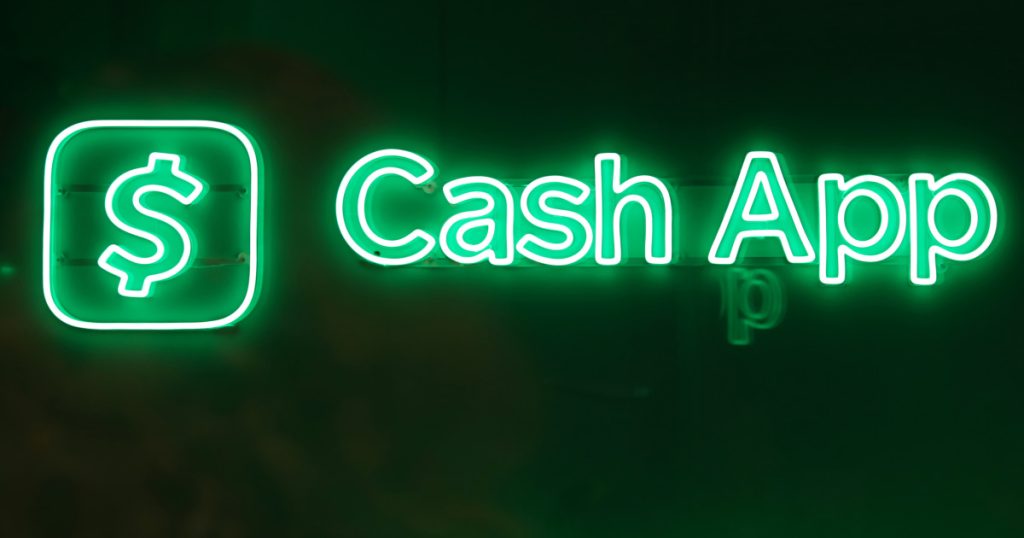Federal prosecutors are investigating compliance lapses at Block, a financial technology firm founded by Twitter co-founder Jack Dorsey, focusing on its units Square and Cash App. A former employee provided documents to prosecutors alleging insufficient information collection, processing transactions involving countries under economic sanctions, and processing cryptocurrency transactions for terrorist groups without reporting them to the government. The employee stated that company processes were not corrected when breaches were identified, and compliance practices were flawed from the ground up.
The former employee identified transactions in countries under U.S. sanctions, such as Cuba, Iran, Russia, and Venezuela, involving credit card transactions, dollar transfers, and Bitcoin transactions that were not reported to the government as required. Square, a financial services platform used by merchants, failed to conduct basic customer due diligence on international merchant sellers and reimbursed funds to merchants involved in sanctions violations. Cash App, a popular mobile payment platform, had design features that increased the risk of compliance lapses. An outside consultant hired by Block identified almost 50 deficiencies in the monitoring systems for suspicious activities and sanctions violations in the past year.
The company claimed that it has a responsible and extensive compliance program, regularly adapting practices to meet emerging threats and sanctions regulatory requirements. Block stated that it voluntarily reported thousands of transactions described by the former employee to the Office of Foreign Assets Control (OFAC) but the former employee disputed this claim. Compliance issues were known to Block leadership and the board in recent years, according to the former employee. The company’s board has experienced high-level departures recently, including Lawrence Summers, the former U.S. treasury secretary.
Block has faced regulatory challenges in the past, with its European version of Cash App, Verse Payments Lithuania, ordered to determine the identity of clients with compliance issues related to money laundering and terrorist financing. The company has shut down Verse and faced allegations of unsafe or unsound banking practices at its banking partner Sutton Bank. Regulators have cited risks associated with person-to-person payment platforms like Cash App and Venmo, which have become increasingly popular among consumers. Criminals have used payment apps to evade laws and launder illicit funds, presenting risks to users and the financial system.
Federal prosecutors are investigating compliance lapses and reported violations by Block’s units Square and Cash App, examining transactions involving countries under sanctions, and potential links to terrorist groups. The company has faced regulatory challenges in the past and has taken steps to address compliance deficiencies. As mobile payment platforms continue to grow in popularity, regulators will likely focus on ensuring proper safeguards and controls are in place to protect consumers and prevent misuse of these platforms for illegal activities. The outcome of the investigation and the company’s response to regulatory concerns will impact its reputation and business operations moving forward.


